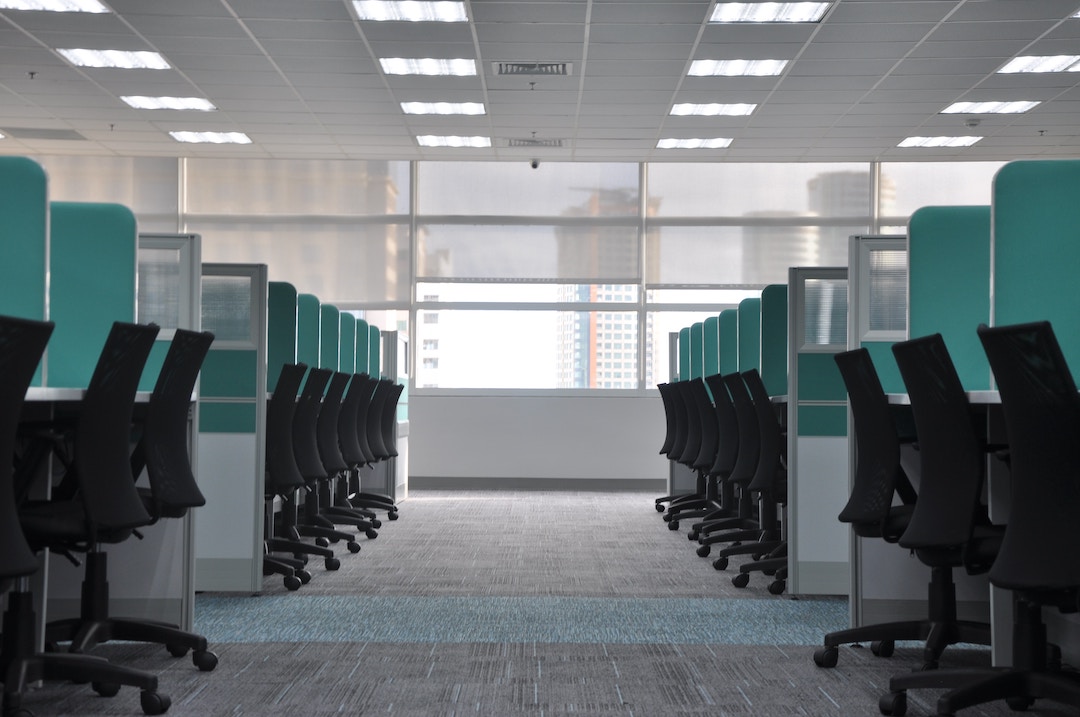A new study from RMIT shares how loneliness in the workplace can negatively impact both individuals and businesses.
Experts have identified the ongoing effect of employee isolation on individual mental health and the success of a business. They hope that by starting a conversation around the importance of connection, Aussies can feel more in touch with others and begin to move forward.

Causes
According to a recent study, more than 50 percent of entrepreneurs experience loneliness. This is due to a number of factors including lack of time for social interaction. These feelings of isolation in a number of workers across several industries have also been heightened due to the remote working model brought about by Covid-19. With employees sequestered to their own houses, chances for face-to-face connection and personal conversation are significantly reduced.
According to Dr Shea Fan, Senior Lecturer in Management at RMIT University, “While loneliness is well-discussed as a social phenomenon, it is rarely seen as a work phenomenon. Yet, it is one many employees are experiencing.
“Work conditions may cause social isolation, distort interpersonal relationships, and prevent employees from developing or maintaining social connections.”
In fact, Dr Fan believes the most susceptible groups include CEOs, entrepreneurs and remote and gig workers. This is because they are often socially and psychologically distanced from others within their business and working community.
“While gig workers may enjoy flexible work schedules, they have fewer opportunities to develop deep relationships at work,” she says.
“Expatriates are separated from their existing social networks and find it difficult to develop new connections because of cultural differences, language barriers or insufficient social resources.”

Effects
Feeling isolated can lead to increased employee absences, reducing the productivity of businesses and damaging the company as a whole. Similarly, feelings of seclusion and loneliness can have a negative impact on individuals’ mental health
However, while loneliness is a common reality in Aussie workplaces, there are limited resources to help workers deal with these complex feelings. Dr Fan wants to educate the public about this universal experience so that those suffering can feel more connected and seen.
“Employees can combat loneliness by understanding what kind of social goals they desire and addressing the gaps. For example, you may be happy with a few strong relationships, or you may prefer broad but weak social connections.
“As individuals, we cultivate our social connections so it is important we understand strengths and weaknesses in our personality, social skills and social motivation that may inhibit or help grow workplace relationships.”
Equally, she highlights the importance of being proactive. By taking control and seeking out connections with others through social interactions and opportunities offered by your workplace, individuals can overcome loneliness and start to feel more in touch with others.

“Organisations can offer a variety of social opportunities within or across organisational units to encourage employee socialisation.
“These include mentoring programs, support programs, social events, coffee breaks, holiday celebrations and team-building activities.
“These investments in alleviating workplace loneliness will result in employees having a stronger sense of belonging to organisations and being more productive.”
She believes that communities can work together to increase connectivity and connection in the workplace, ensuring no one feels lonely and improving overall productivity.
To read more about the link between mental health in a post-covid workplace, click here.

